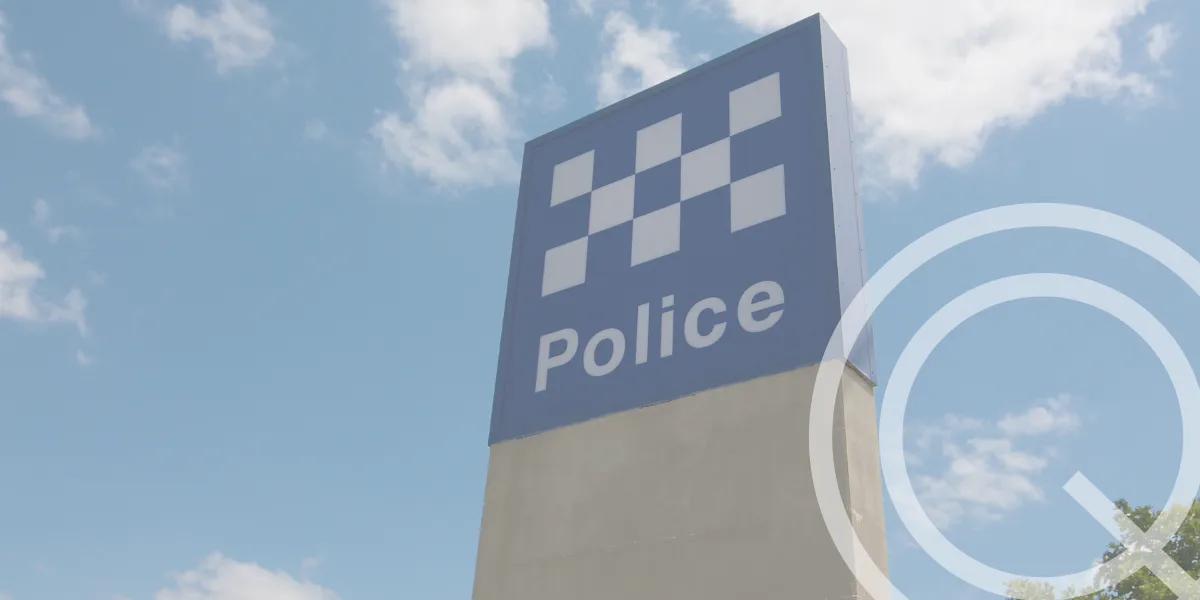KEY TAKEAWAYS
Prioritise:
- the safety and wellbeing of all employees, including any impacted persons
- securing and preserving evidence, particularly time-sensitive CCTV footage
Consider:
- the wishes of the impacted person, in particular whether they want the complaint reported to police
- whether the employer is legally required to report the conduct to police
Communicate:
- regularly with police to ensure the workplace investigation does not impede or jeopardise the police investigation. This may involve pausing the investigation on the direction of police
Sexual harassment complaints in the workplace are highly sensitive matters to be handled with care, strict confidentiality and conducted according to trauma-informed and people-centred principles.
However, when the type of conduct alleged in a complaint has the potential to amount to a criminal offence such as sexual assault or rape, this adds another layer of complexity to a highly sensitive, complex workplace investigation.
First steps
At the outset, the employer must ensure the safety and wellbeing of all staff, including the impacted person, and put in place appropriate supports and measures to maintain confidentiality.
As outlined in the landmark Respect@Work report, employers should also consider the wishes of the impacted person: how they want to report a complaint and be involved in how it will be handled. If the person is 18 years or older and there is no general legislative duty for an employer to report suspected criminal conduct to police, it would usually be left up to the impacted person if they want to lodge a police complaint. This could happen at any stage during a workplace investigation. It is important to properly consult with the employee and understand their wishes.
In relation to evidence, employers should take immediate action to systematically and carefully preserve any documents, receipts, electronic or phone records and messages, and time-sensitive CCTV footage, as well as secure work equipment such as phones or computers.
When police are involved
If police initiate a criminal investigation into the conduct alleged in a workplace sexual harassment complaint, are employers required to pause their investigation? No, employers can continue to investigate the alleged conduct, but it is important that the workplace investigation does not jeopardise the police investigation.
Police may or may not be open to sharing information to support the workplace investigation. There is no harm in asking the question when first contact is made with the investigating officer.
When workplace and police investigations overlap, employers will also need to be cognisant of other issues including:
- managing employment arrangements and support for the impacted person and respondent during the course of the investigation and afterwards
- other employees being called as witnesses and any support they may require
- the impact of a prolonged police investigation on all parties involved and the organisation
- managing reputational risks particularly if charges are laid and the matter proceeds to court
- obtaining legal advice on any proposed resolution to the workplace matter to ensure no offences of ‘compounding’ are committed (for example where the payment or receipt of a benefit in exchange for the concealment of an offence).
More information
Experienced Q Workplace Solutions Investigators Susan Forder and Sarah Hill will address parallel police and sexual harassment workplace investigations and other common challenges at a Q Workplace Training online workshop, Conducting Sexual Harassment Workplace Investigations, on 17 and 18 April 2024.







